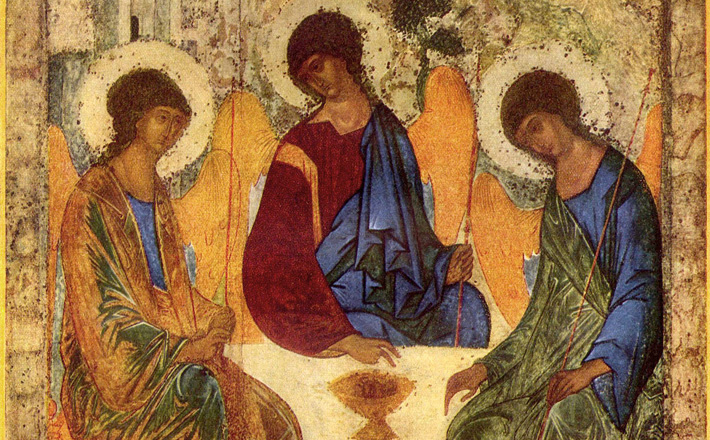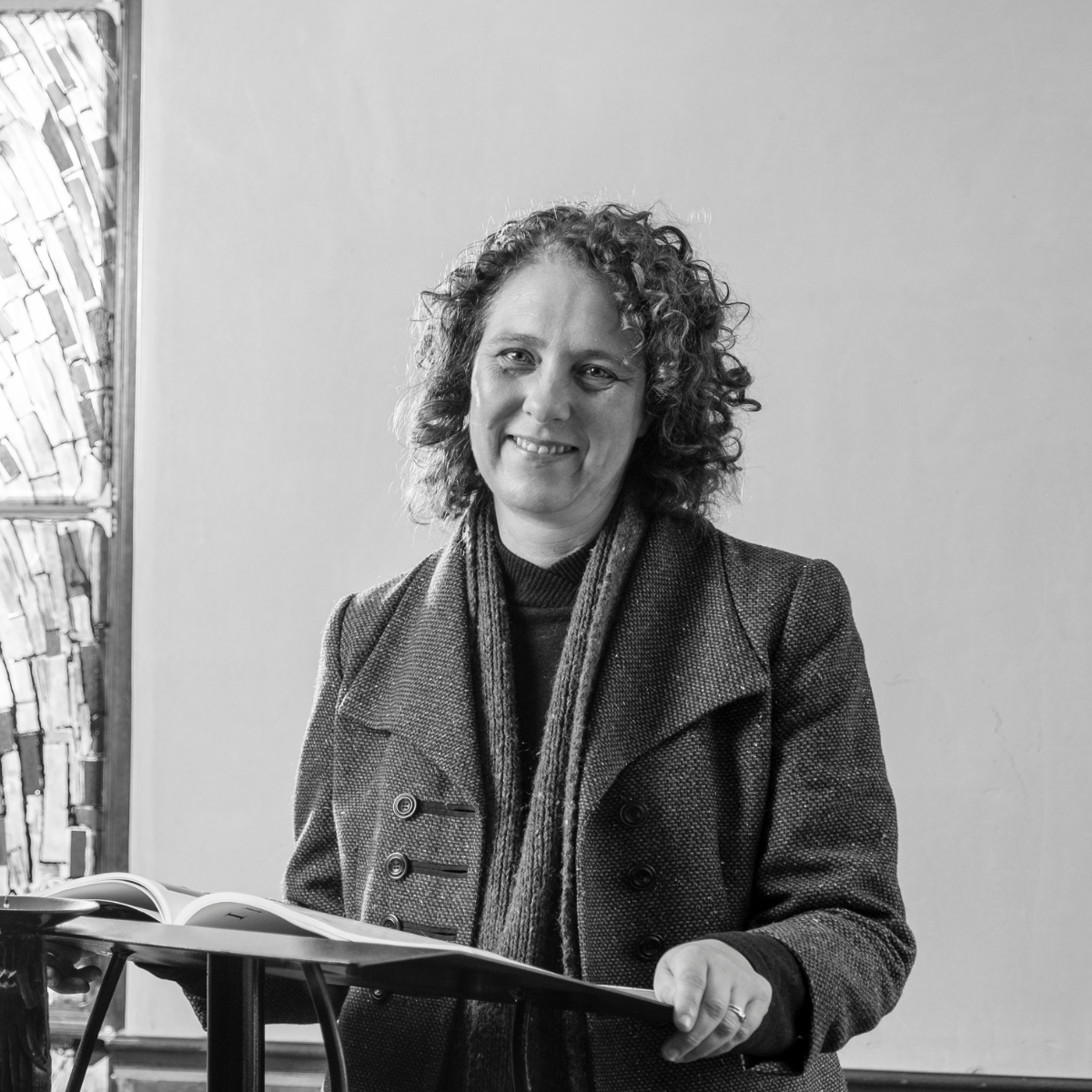Commentary on Proverbs 8:1-4, 22-31
On this Holy Trinity Sunday, the Ode to Wisdom in Proverbs 8 offers congregations the opportunity to think of Wisdom in terms of what Samuel Terrien poetically has called, “the mediatrix of God’s presence,” and in particular the role she played in what came to be understood as the second person of the Trinity (Elusive Presence, p360).
In this regard, Proverbs 8 had a rich afterlife as subsequent interpreters contemplated the relationship between Wisdom, which for the first time in Proverbs 1-9 is personified in female terms, and God, culminating in Wisdom of Solomon 7:25-26 where she is described as “a breath of God’s power,” “a pure and radiant stream of [God’s] glory,” “a reflection of eternal light,” and “a perfect mirror of God’s activity and goodness.” It has been shown by scholars like Elisabeth Johnson how this language has found its way into the New Testament. For instance, Colossians 1:15-20 refers to Christ as the image of God, the firstborn of all creation, the one through whom everything was created (For a helpful description of the journey of this metaphor see Johnson’s beautiful essay “Jesus the Wisdom of God,” ETL 61 (1985):261-294).
But already in Proverbs 8 itself, one finds some compelling theological perspectives regarding Wisdom’s role in creation as well as in the ongoing pursuit called life: First, before turning to the Ode to Wisdom in Proverbs 8:22-31 that forms the heart of this week’s lectionary reading, we are asked to read vv 1-4 which serve the purpose of emphasizing that Wisdom’s words to follow ought to be heard by all who live. Woman Wisdom stands on the heights, along the highways, at the crossroads, at the city gates and she shouts at the top of her voice. Her message is public theology par excellence — this female figure crosses over into the public sphere and in the process breaks the stereotypes of female demure and passivity. And her powerful words in the rest of the lectionary reading match the loudness of her delivery when she outlines the central role she performs in creation.
A second important perspective regards Wisdom’s self-description in v 22 that she is the firstborn in God’s creation, the very first of God’s creative actions. Using language that is suggestive of childbirth (“fathering,” qnh in v 24 and “giving birth,” hûl in v 25], Wisdom is brought forth by God before all things. But not only is Wisdom said to be present when the mountains were shaped, and the firmament of heavens established, but Wisdom also actively participates in God’s creation. In v 30, Wisdom is called either a “master worker” (one could say architect), or a “little child” depending on how one reads the root ‘aman. Actually, the ancient versions are split on which way to go, making this one of the most ambiguous texts in the Hebrew Bible with multiple interesting interpretative possibilities to explore. For instance, in a sermon, one could focus on Wisdom’s active role in creation amidst a context of chaos as evident in the recognition of the existence of chaos waters in v 29 that represented Israel’s deepest fears of their world being hurled into turmoil. Yet, this text also professes that in spite of the reality of the watery chaos, God assigns a limit to the ocean, telling the waters not to “transgress his command.” It is within this world where chaos threatens to overtake that Wisdom is doing her work as a master worker alongside God. Indeed as we know all too well in our own little worlds disrupted by forces beyond our control that creates havoc in terms of our neatly constructed lives, it is by means of (a lot of) wisdom that the world becomes a habitable place, which makes it possible for people to live a good life. To heed Wisdom’s call today is then to look for ways in which Wisdom’s children may serve as created co-creators who actively work in some small way to bring life in situations where the forces of chaos loom large.
Third, the alternative interpretative possibility of Wisdom being next to God like a little child also offers quite interesting perspectives to explore. In v 30-31, Wisdom finds great joy in showing how she daily was God’s delight, rejoicing (one could say giggling) in God’s “inhabited world and delighting in the human race.” The image of a giggling, joyful, little girl who laughs when God shows her God’s new creations — the hilarious giraffe and hippopotamus, the monkeys and busy little ants — is marvellous in order to imagine the joy and the awe that is present in God’s creation. And then there are human beings! Verse 31 maintains that Wisdom delights in the human race. Indeed to find joy in others, not to seek to control the other nor expect the other to be like me, but to truly delight in the other, as other, that is wisdom.
Finally, such a spirit of openness translates then, as William Brown says it well, into an act of “imitatio sapientiae,” according to which Wisdom’s followers are called to play as Wisdom plays (The Ethos of the Cosmos, 316). This means that true wisdom is to realize that one cannot always control events, not to speak of the many others with whom we travel together on this earth. What’s more, Terrence Fretheim sees in this playfulness associated with Wisdom an important theological principle that assumes that “pleasure and playfulness are built into the very structure of things,” making possible a spirit of discovery and generosity that implies “that Woman Wisdom opens up the world rather than closes it down.” This readiness to be open to new experiences also has theological implications, when believers are encouraged to “recogniz[e] that God may be about new things for new times and places” (God and the World in the Old Testament, 217). To embrace Wisdom thus truly is transformative as it implies a whole new outlook on life, the universe and everything. And on this Trinity Sunday, this also means on God.


May 22, 2016